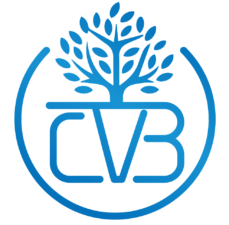Organic EU
What is Organic EU?
Organic EU certification ensures that your product is free from:
Synthetic pesticides and fertilizers
Genetically Modified Organisms (GMOs)
Any synthetic substances that are not listed under EU regulations
- Soilless production
This certification is mandatory if you label your product as “organic” and plan to sell to the European Union. It applies to both farming and processing operations.
Scope of Application
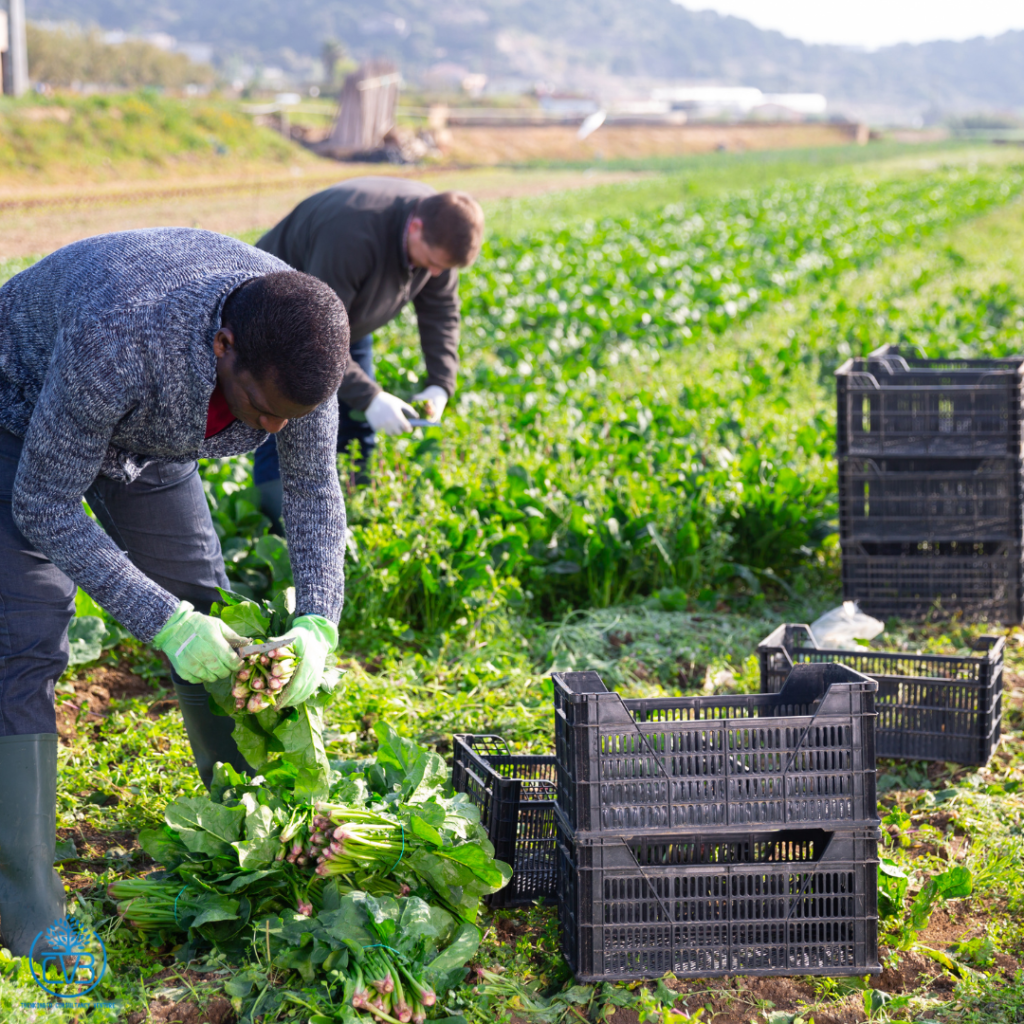
Organic Farming
Farmers must implement an Organic Management System that includes:
Minimum 2-year land conversion before certification
Use of natural inputs only (e.g., compost, natural pest control)
Buffer zones to avoid contamination from non-organic farms
Practices that enhance soil health and biodiversity
Clear traceability and documentation
A system to handle complaints and non-compliance
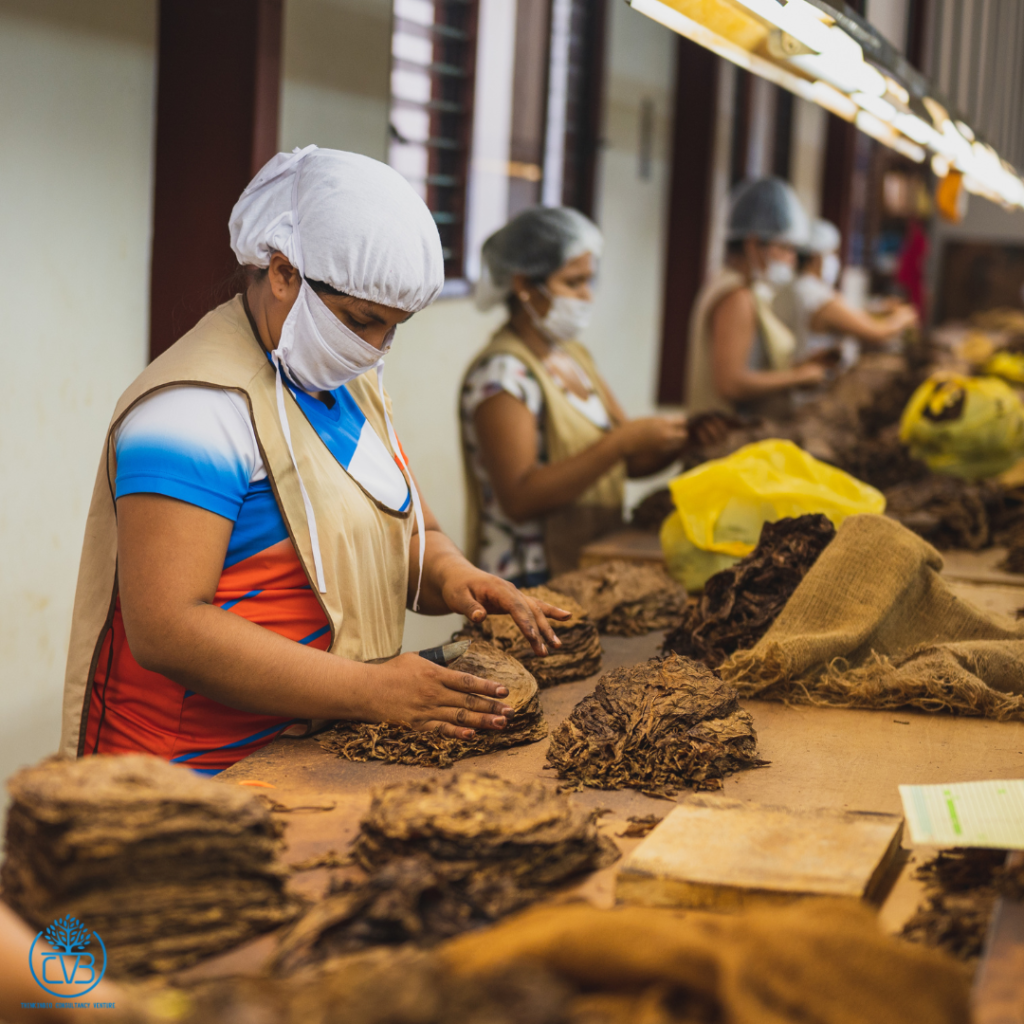
Organic Processing
Applicable to both traders without factories and manufacturers. Requirements include:
Use of certified organic EU ingredients only
Full traceability including Certificate of Inspection (COI)
Clear segregation of organic and conventional materials
Thorough cleaning between production runs to prevent contamination
Documented procedures and complaint handling system
Why you need Organic EU Certification?
It's the Law in the European Union

In the European Union, the word “organic” is a legally protected term. You cannot label or sell a product as organic in any of the 27 EU countries without an official EU Organic Certificate. This law applies whether you’re exporting raw materials, semi-finished goods, or retail-ready consumer products.
Shipping products with the “organic” label to the EU without proper certification can result in:
Customs rejection of the entire shipment
Legal penalties for mislabeling
Bans on future exports
Damaged reputation with international partners
Non-Equivalent Certifications Are Not Accepted
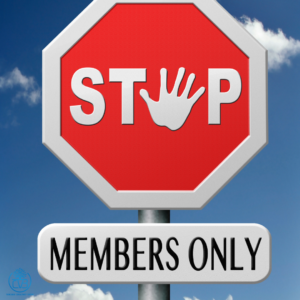
Certifications like MyOrganic, NASAA organic, or other non-EU-aligned organic labels are not recognized as organic under EU law, unless they have an established equivalency agreement with the EU (which Malaysia does not have).
Even if your product is certified under another organic scheme, it will be treated as non-organic at the EU border unless you have EU Organic Certification or a recognized equivalent.
Supply Chain Requirement – It Applies to Everyone
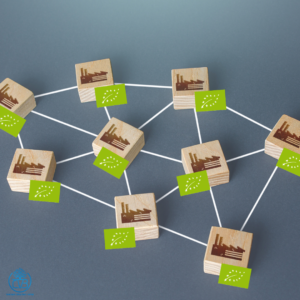
EU Organic is a supply chain-wide certification. That means if your buyer or final product manufacturer is certified under the EU Organic standard, they are legally required to ensure every supplier along the chain is also certified.
So even if you are a raw material supplier, trader or intermediate processor, you must be certified for your buyer to legally use your product in their EU Organic-certified line.
Essential for B2B Partnerships
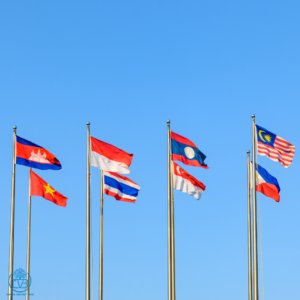
Many international buyers—especially in Europe, Singapore, and the Middle East—only work with suppliers who are EU Organic certified to ensure compliance, traceability, and market acceptance. Having the certificate signals professionalism, trust, and export readiness, making you more competitive when bidding for high-value contracts. Certified in Organic EU will enable you to apply for certificate of inspection or transaction certificate when trading organic products, which is essential for your buyer to maintain their organic EU certification status.
Required for Export, Even for Small Volumes
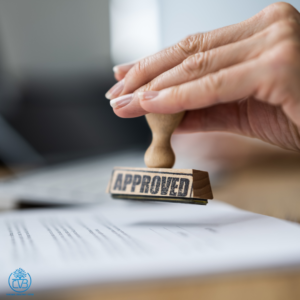
Even a single batch or online sale to an EU customer that carries the word “organic” must be backed by EU Organic Certification. There are no exemptions for small volumes or trial shipments.
Certification also unlocks the ability to get a Certificate of Inspection (COI) through TRACES, the EU system that tracks all imported organic goods.
Benefits of Organic EU Certification
Global Market Access
Recognized in EU, UK, US, Malaysia, Singapore, and even China, where EU-certified products are often preferred alongside local organic labels
Premium Pricing
Organic products typically sell for 3x or more than conventional, especially in markets with strong currency exchange rates
Better Sales Opportunities
Required by organic manufacturers; also attracts high-end conventional buyers
Supports Your Sustainability Goals
EU Organic emphasizes soil regeneration, ecological balance, and environmental protection. It’s an ideal standard for businesses aligned with green growth and long-term sustainability reporting
Organic EU consultant in Malaysia
Thinking of exporting your organic product to Europe? You’ll need more than just a clean product—you’ll need a system that complies with the EU Organic Regulation from farm to final packaging.
At ThinkinBio, we specialize in helping Malaysian businesses meet these requirements and navigate the certification process with confidence.
Transparent Pricing
Our consultancy starts from MYR4,000, depending on your operation’s size, scope, and location. You’ll receive hands-on support—from setup to audit readiness.
Our Core Services
✅ Gap Analysis
We identify non-conformities in your current practices and provide clear, practical advice to meet Organic EU requirements.
✅ Document Development
We help develop your Organic System Plan and translate your existing practices into compliant SOPs.
✅ Internal Audit
We simulate a real audit to prepare your team and meet the EU’s requirement for an internal audit before certification.
✅ Internal Training
We train your team to understand and implement the EU Organic standard across your operations.
FAQ
How long does it take to get certified?
The timeline depends on your current readiness. For farming, a 2 to 3 years land conversion may be required (or fastened with condition). For processors or traders, it can take as little as 2–4 months if you have all systems, documentation in place and the assistance of consultant.
What is the validity of Organic EU certificate
Organic EU certificate valid for 1 year. You are required to have annual audit to renew your certificate before it expires.
I am a trader without any office or unit. Do I need Organic EU Certification to export my organic product to Europe?
Yes. Everyone in the supply chain must be certified, including farmers, traders, and processors. The export arrangement might be handled by your supplier to your final buyer. As long as you are issuing an invoice to your final buyer, you are require to be certified.
Can I export to the EU with my supplier's Organic EU Certification?
No. Borrowing your supplier’s certificate will not help you to access into EU market. The custom officer will cross check the certificate of inspection (COI) with your invoice. If you are not a certified operator, your name will not be in the COI (only have your certified supplier’s name). Hence, the organic product will be rejected on the spot.
What is the differences between COI and Organic EU certification?
Certificate of inspection (COI) is a certificate to show a particular transaction/ shipment is certified. Organic EU certification is a certificate to show the unit is certified.
How should I apply COI?
Certificate of inspection (COI) can be applied by Organic EU certified operator only. The application of COI can be done with the assistance of certification body to provide you an account in TRACES system owned by EU.
How can ThinkinBio helps me in the certification?
ThinkinBio offers a complete support package to guide you from the beginning until you successfully receive your certificate. Our services include gap analysis, document development, internal training and internal audit. For cost-efficiency, we recommend our full package, which covers everything you need for smooth certification. However, we also offer customized support, so you can choose only the services you need.
Should I apply for the certification through ThinkinBio?
No. ThinkinBio is a consultancy company, not a certification body. We help your company prepare for certification by improving your practices to meet the Organic EU standard.
The Organic EU certificate is issued by an EU-approved certification body. If you choose us as your consultant, we will also assist you in coordinating with an approved certifier and guide you through the application and audit process to ensure everything runs smoothly.
